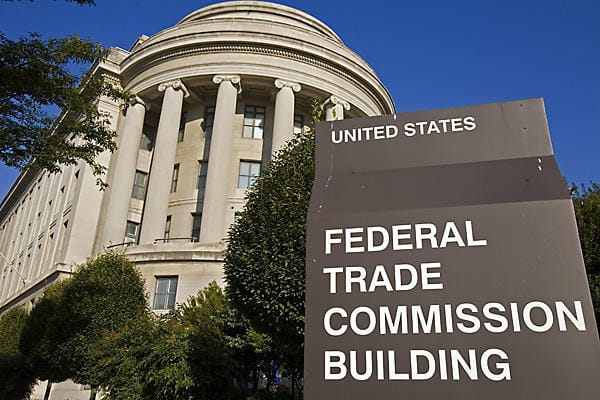Did The War Z break the law? We asked the Federal Trade Commission

By now, you know the facts. Valve published Hammerpoint Interactive’s massively multiplayer zombie game The War Z. The product description page promised a host of features which did not appear in the game itself. Gamers accused War Z‘s developers of censoring their complaints in Steam forums. Yesterday, Valve removed the game from Steam and offered a refund to anyone who wants one.
We wanted to know, though, if Hammerpoint or Steam broke the law by promising features in the game that don’t exist. So we talked to Keith Fentonmiller, senior attorney in the division of advertising practices at the Federal Trade Commission.
– – –
Basically, it’s a grey area, and it has to do with games’ unique split status as speech and commerce, particularly in the context of the Supreme Court ruling last year in Brown v. Entertainment Merchants Association that games are entitled to the same First Amendment protections as visual art, fiction, film and music.
“The working assumption that we use,” Fentonmiller says, “is that the advertising in general for a product that is fully protected usually will enjoy the same amount of protection as the product; it would be a very high threshold to bring a case about false advertising.”
That said, games are unique among this protected class in their explicit enumeration of product-specific features in their advertising. There’s a difference between promising, say, a “roller-coaster ride of thrills chills and spills” and promising “private servers”. One is subjective and the other is not.
Says Fentonmiller, “If there are objective features of the game that do not intrude on the creative aspect of the work, if it says this game has so many levels or this number of weapons, there is less of a first amendment concern. Then we are looking at straightforward commercial speech; that is entitled to less protection. False advertising is not a protected form of commercial speech; in that hypothetical it would violate Section 5 of the FTC Act.”
Section 5 gives the FTC the power to prevent corporations from “using unfair methods of competition in or affecting commerce and unfair or deceptive acts or practices in or affecting commerce” – which includes false advertising.
Fentonmiller cites the relevance of the FTC’s case to rerate Grand Theft Auto: San Andreas after the discovery of the hidden, “Hot Coffee” minigame. To avoid First Amendment concerns, the commission did not “go after the content of the game itself but the fact that they failed to disclose content to the ESRB that would have been material to the consumers.”
So, had Valve not taken down the game, and given an FTC investigation, an injunction against the game would have been likely: it promised specific, objective features that do not exist. But who would the injunction be directed against, Valve or Hammerpoint? Fentonmiller did not want to speculate, but he did say that when the commission has brought injunctions against applications on the App Store in the past (such as one against a shining light app that promised to cure acne), it went after the app developers rather than Apple.
So, Valve did the right thing, even though they probably would not have been liable. Maybe they’re the good guys here, after all.



